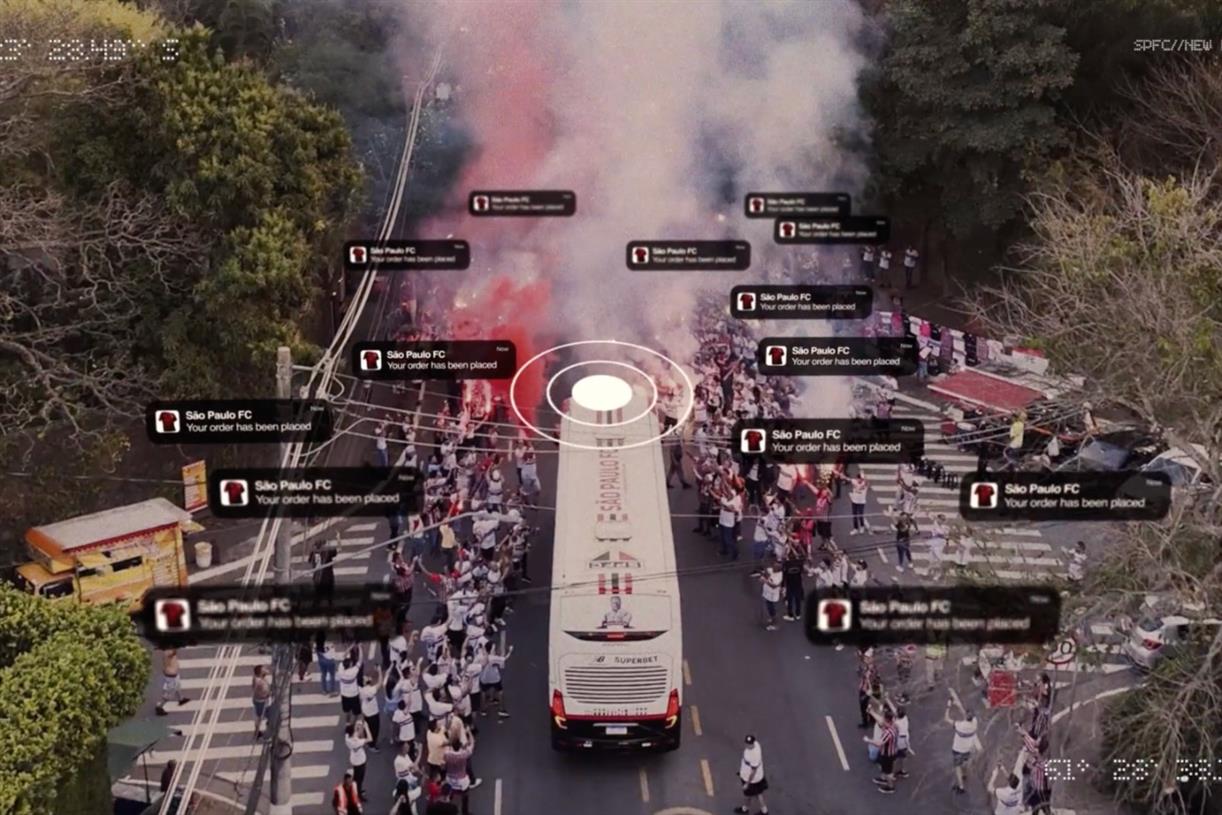AI tools raise safety concerns for most consumers
Despite familiarity with the tech, U.S. adults simply don’t trust it, study shows.

Marketers may need to slow their roll when it comes to adopting AI tools like ChatGPT and DALL-E 2. Two-thirds (67%) of U.S. adults agree they are concerned about the safety of generative AI technology, a new Ad Age and Harris Poll study found.
The finding may be a surprise to brands that have interpreted AI’s ever-growing hype on social media as evidence for positive consumer sentiment. But it seems that clever prompts and baffling images have yet to assuage mass technophobia. More than half (52%) of respondents simply don’t trust the tech, the study found.
Lack of familiarity does not appear to be the issue. Some 54% of U.S. adults are familiar with generative AI tools, and nearly 20% have used one. Only 29% of respondents said they have not used generative AI and are also not interested in doing so.
Related: Generative AI guide for brands
There is, of course, the likelihood that consumers’ fear reflects general stereotypes of AI that have been fed to them through film, literature and fear-mongering, such as the trope of robots advancing beyond the intelligence of humans and taking over the world. But generative AI is closer to an advancement in search engine technology, which is why Google and Microsoft (which owns Bing) have their hands all over it.
The data suggests that consumers may have more practical reasons for distrusting generative AI. Less than half (44%) of respondents agree that it is easy to tell the difference between something created by AI and something created by a human. Such a growing inability could very reasonably foment mass distrust in AI. Moreover, some 58% of respondents think things created by generative AI tools are less impressive than things created without generative AI. This latter finding may be a testament to AI’s shortcomings, but it could also be a kind of reactive rejection of AI as a result of the confusion it causes in consumers.
Fortunately for brands, the jury is still out on whether consumers want to see them leverage AI in public efforts. Two in five (39%) of respondents support brands using generative AI tools to make ads. Only 12% oppose this use of generative AI, while half (49%) remain neutral. What this means is that marketers still have the opportunity to sway a large swath of consumers on this issue.
Related: Watch Mint Mobile's ad created with ChatGPT
Persuasion begins with education, said Dr. Charles Taylor, a professor of marketing at the Villanova School of Business. Brands should focus on showing consumers what generative AI is capable of doing, while monitoring which practices make people uncomfortable, such as the intersection of AI and customer data and what that implies about their privacy.
Thus far, many brands that have adopted popular tools like ChatGPT and DALL-E 2 have done so in rather showy ways, promoting their use to consumers as if to merely demonstrate their cultural savviness. This is a risky move, Dr. Taylor said, because the value to consumers is ambiguous. Even worse, it could reinforce an underlying concern that society is losing its human touch.
“If a brand is just toying with the technology for the sake of publicity, this plays into fears rather than shows any positive use cases,” said Dr. Taylor.

 Tfoso
Tfoso 
































